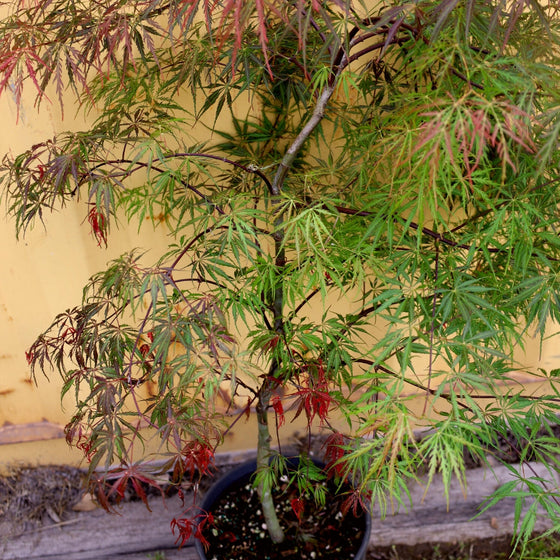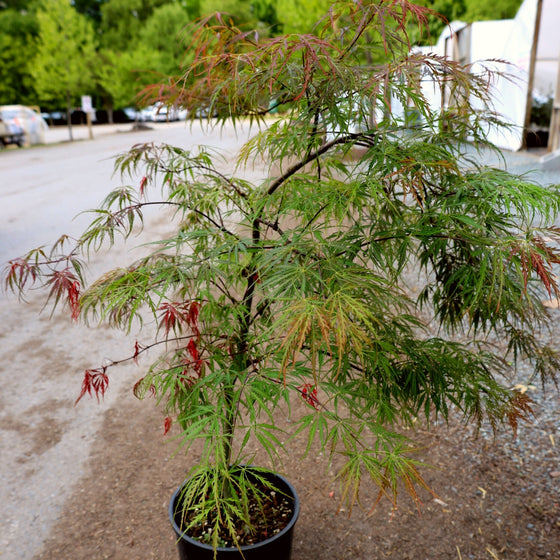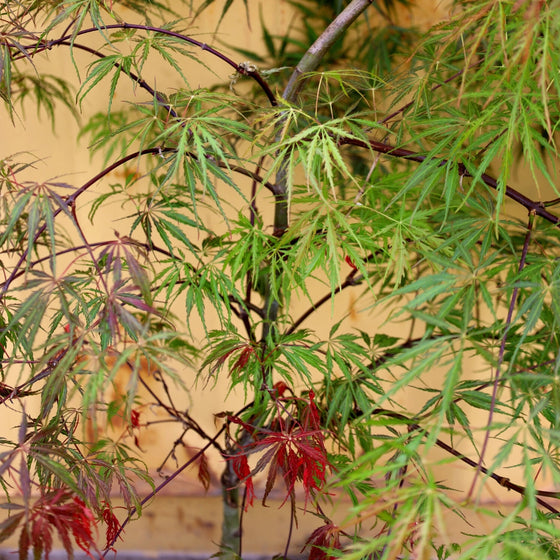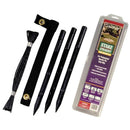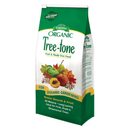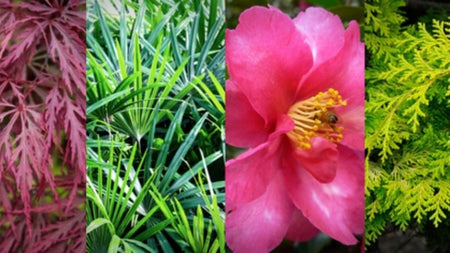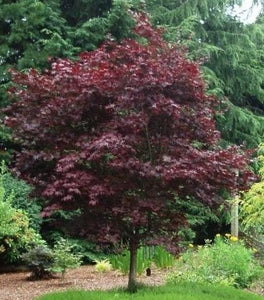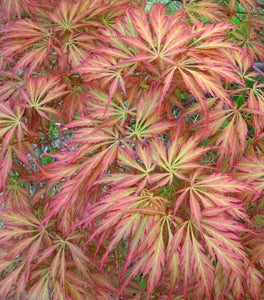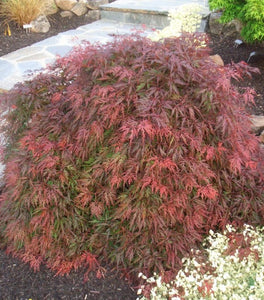
Images Depict Mature Plants
Inaba Shidare Japanese Maple Trees
Inaba Shidare Japanese Maple (Acer palmatum dissectum 'Inaba Shidare') is a breathtaking weeping laceleaf maple, prized for its rich, deep burgundy foliage and elegant, cascading form. Emerging in spring with bold, reddish-purple leaves, the foliage deepens in color through summer and transforms into a brilliant crimson red in the fall. With a mature size of about 6 to 10 feet tall and wide, Inaba Shidare makes a striking focal point in the landscape, offering graceful movement, fine texture, and dramatic color that lasts across multiple seasons.
Thriving best in partial sun to partial shade, Inaba Shidare Japanese Maple prefers well-drained, slightly acidic soil and benefits from protection against harsh afternoon sun, especially in warmer climates. Its strong, upright-growing branches create a beautiful umbrella-like canopy, making it an excellent choice for patios, entryways, Japanese-inspired gardens, and small spaces. Unlike many laceleaf varieties, Inaba Shidare holds its dark color even during the heat of summer, ensuring continuous visual impact from spring through fall.
Whether planted as a single specimen, along a pond’s edge, or incorporated into a mixed border, Inaba Shidare Japanese Maple brings timeless elegance, stunning seasonal transitions, and sculptural beauty to any landscape. Its dependable growth habit, brilliant foliage color, and dramatic weeping form make it a favorite among gardeners and landscape designers looking to create serene, artistic outdoor spaces. Easy to maintain and highly adaptable, Inaba Shidare will enhance your garden with vibrant color and graceful presence for years to come.
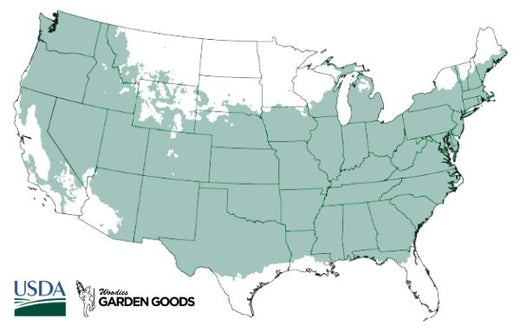
| Hardiness Zone: | 5-8 |
|---|---|
| Mature Height: | 6 to 10 feet |
| Mature Width: | 6 to 10 feet |
| Classification: | Small tree |
| Sunlight: | Full Sun to part shade |
| Habit: | Deciduous, densely branched. |
| Flower Color: | Insignificant |
| Foliage: | Dark Purple to Red foliage |
| Soil Condition: | Any well drained soil |
| Water Requirements: | Water well until established. |
| Uses: | Extremely attractive when used as a focal point or a specimen planting, very heat tolerant. |
How to Care for Inaba Shidare Japanese Maple
Be sure to read our planting instructions to ensure a healthy and happy Inaba Shidare Japanese Maple Tree for years to come!
How Do I Plant My Inaba Shidare Japanese Maple Tree?
To plant your Inaba Shidare Japanese Maple tree successfully, choose a location that receives partial sun to partial shade, ideally with morning sunlight and afternoon protection to prevent leaf scorch. The soil should be rich, slightly acidic, and well-drained to promote healthy root development and vibrant foliage color. Begin by digging a hole twice as wide and just as deep as the root ball, ensuring the top of the root ball sits slightly above ground level to encourage good drainage. Gently loosen any circling roots before placing the tree in the hole, then backfill with a mix of native soil and organic compost. Water thoroughly after planting to settle the soil and eliminate air pockets. After planting your Inaba Shidare Japanese Maple, apply a 2- to 3-inch layer of organic mulch, such as shredded bark or compost, around the base to help retain moisture, suppress weeds, and regulate soil temperature—keeping the mulch a few inches away from the trunk to prevent rot. During the first growing season, water consistently to maintain even soil moisture without allowing the soil to become waterlogged. With thoughtful planting and early care, your Inaba Shidare will quickly establish itself, rewarding you with its breathtaking cascading form and rich, season-long burgundy to crimson foliage, making it a true showpiece in your garden or landscape.
How Do I Water My Inaba Shidare Japanese Maple Tree?
Watering your Inaba Shidare Japanese Maple correctly is essential for supporting its healthy root development, vibrant foliage color, and graceful weeping form. During the first growing season, water deeply two to three times per week to keep the soil consistently moist but not waterlogged. Focus on slow, deep watering at the base of the tree rather than frequent shallow watering, which can lead to weak surface roots. Using a soaker hose or drip irrigation system is ideal, as it delivers moisture directly to the root zone while minimizing the risk of fungal diseases caused by wet foliage. Once established, your Inaba Shidare Japanese Maple will require less frequent watering but should still be monitored during hot, dry periods, especially in summer. Check the top few inches of soil regularly; if it feels dry, it’s time to water thoroughly again. Applying a 2–3 inch layer of organic mulch around the base of the tree helps retain soil moisture, regulate soil temperature, and reduce evaporation. With consistent and proper watering, your Inaba Shidare will maintain its brilliant burgundy color through the summer and showcase a stunning crimson display in fall, remaining a captivating centerpiece in your landscape.
How Do I fertilize My Inaba Shidare Japanese Maple Tree?
Fertilizing your Inaba Shidare Japanese Maple properly is important for maintaining its rich burgundy foliage, strong structure, and overall health throughout the seasons. In early spring, before new growth appears, apply a slow-release, balanced fertilizer such as a 10-10-10 formula or one specifically designed for Japanese maples and ornamental trees. Spread the fertilizer evenly around the drip line of the tree, keeping it several inches away from the trunk to prevent root burn. After fertilizing, water the area thoroughly to help the nutrients absorb into the soil and reach the roots effectively. For additional soil enrichment, consider adding organic compost or well-aged mulch, which naturally feeds the soil and maintains the slightly acidic environment that Inaba Shidare Japanese Maple prefers. In nutrient-poor soils or container plantings, a light mid-summer feeding with a low-nitrogen fertilizer can help maintain healthy growth and vibrant color. Always avoid high-nitrogen fertilizers, as they can cause overly rapid growth that may weaken the tree’s elegant weeping structure. With thoughtful and moderate fertilization, your Inaba Shidare will flourish, delivering breathtaking cascading foliage and vivid seasonal color year after year.

How and When Should I Prune My Inaba Shidare Japanese Maple Tree?
Pruning your Inaba Shidare Japanese Maple should be done thoughtfully to preserve its natural, cascading form and promote healthy, vibrant growth. The best time to prune is in late winter to early spring before new leaf buds emerge but after the danger of severe frost has passed. Begin by removing any dead, damaged, or crossing branches using clean, sharp pruning shears. Lightly thinning dense areas of the canopy improves air circulation and allows more light to penetrate, enhancing the tree’s overall health and foliage color. Always make clean cuts just above a bud or branch junction to encourage healthy, natural regrowth. You can also perform minor touch-up pruning in early summer after the leaves have fully developed to fine-tune the shape and maintain the graceful weeping silhouette. Avoid heavy pruning in late summer or fall, as it can encourage tender new growth that may not harden off before winter. When pruning your Inaba Shidare Japanese Maple, the goal is to enhance its elegant, flowing structure without overly formalizing its appearance. With gentle, minimal pruning each year, your Inaba Shidare will retain its stunning burgundy foliage, dynamic movement, and timeless beauty, making it a breathtaking centerpiece in any landscape.


